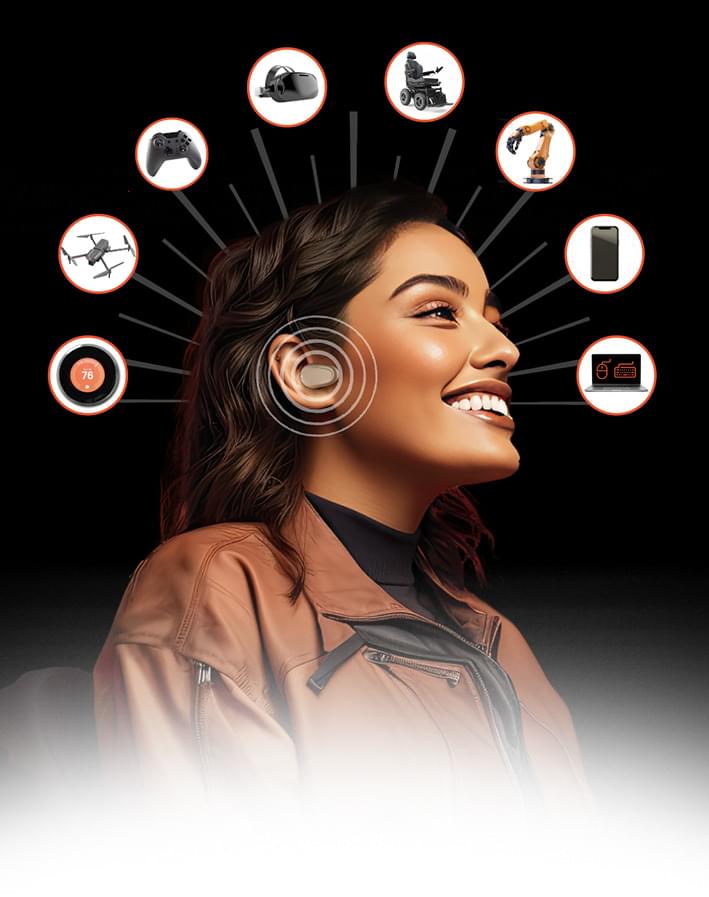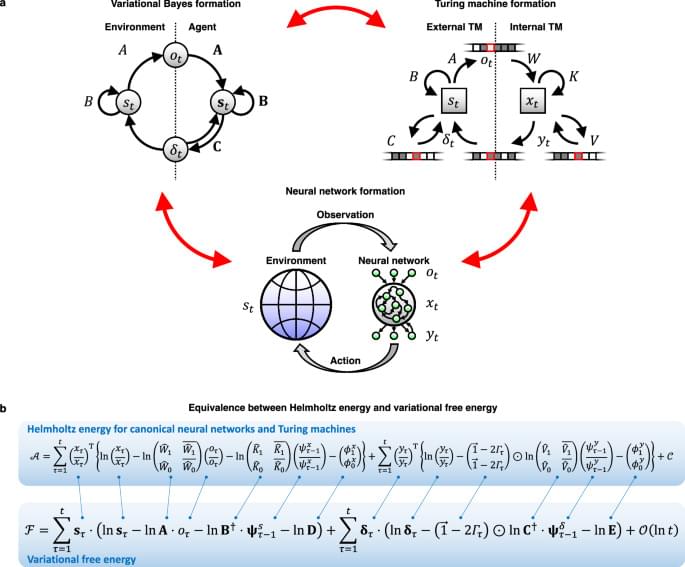Nature Neuroscience provides the international neuroscience community with a highly visible forum in which the most exciting developments in all areas of…



Senapati, P., Parida, P. Sci Rep 15, 13,232 (2025). https://doi.org/10.1038/s41598-025-97337-0

In their study, published in Mechanobiology in Medicine, the researchers discovered that the protein responsible for binding neural stem cells in the human brain, neuro-cadherin, also plays a key role in stimulating their differentiation.
Neural stem cells are early-stage, unspecialized cells that have the ability to differentiate, or develop, into various types of neurons and non-neuronal cells of the central nervous system.

Researchers are closer to growing chicken nuggets in the lab, thanks to the use of tiny hollow fibers that mimic blood vessels.
While cultured meat has been advancing for some time now, it’s been limited to thin strips of less than a millimeter. Creating a thicker product with a familiar appeal has so far proven elusive.
“Replicating the texture and taste of whole-cut meat remains difficult,” explains biomedical engineer Shoji Takeuchi from The University of Tokyo.


Collaborative use of population-level health data and artificial intelligence is essential for achieving precision health through a learning health system. Two groundbreaking initiatives—the European Health Data Space (EHDS), covering 449 million EU citizens, and Germany’s forthcoming Health Data Lab, providing access to data from 75 million insured individuals (90% of the country’s population)—offer unprecedented opportunities to advance digital health innovation and research with global impact.

As the first generation that interacted with digital technology reaches an age where dementia risks emerge, scientists have asked the question: Is there a correlation between digital technology use and an increased risk of dementia? With the phrases “brain rot” and “brain drain” circulating on social media, it would appear that most people would assume the answer is yes.
However, a new study in Nature Human Behavior by neuroscientists at Baylor University and the University of Texas at Austin Dell Medical School reveals the opposite—digital technologies are actually associated with reduced cognitive decline.
The study, “A meta-analysis of technology use and cognitive aging,” was sparked by the ongoing concern about the passive activity of digital technologies and their relation to accelerating risks of dementia. Study co-authors are Jared F. Benge, Ph.D., clinical neuropsychologist and associate professor of neurology at Dell Medical School and UT Health Austin’s Comprehensive Memory Center within the Mulva Clinic for the Neurosciences, and Michael K. Scullin, Ph.D., associate professor of psychology and neuroscience at Baylor.

The world is full of tips and tricks on how to live longer—some say it’s about eating clean, others swear by cutting stress. But when someone who has crossed the 100-year mark speaks, the world listens. Dr John Scharffenberg, a preventive medicine specialist who lived a rich and active life into his 100s, offered a perspective that turns many popular beliefs on their head.
His message was simple, sincere, and backed by years of real-life observation. The secret, he said, isn’t food or relaxation—it’s something far more practical and often overlooked.


Characterizing the intelligence of biological organisms is challenging yet crucial. This paper demonstrates the capacity of canonical neural networks to autonomously generate diverse intelligent algorithms by leveraging an equivalence between concepts from three areas of cognitive computation: neural network-based dynamical systems, statistical inference, and Turing machines.